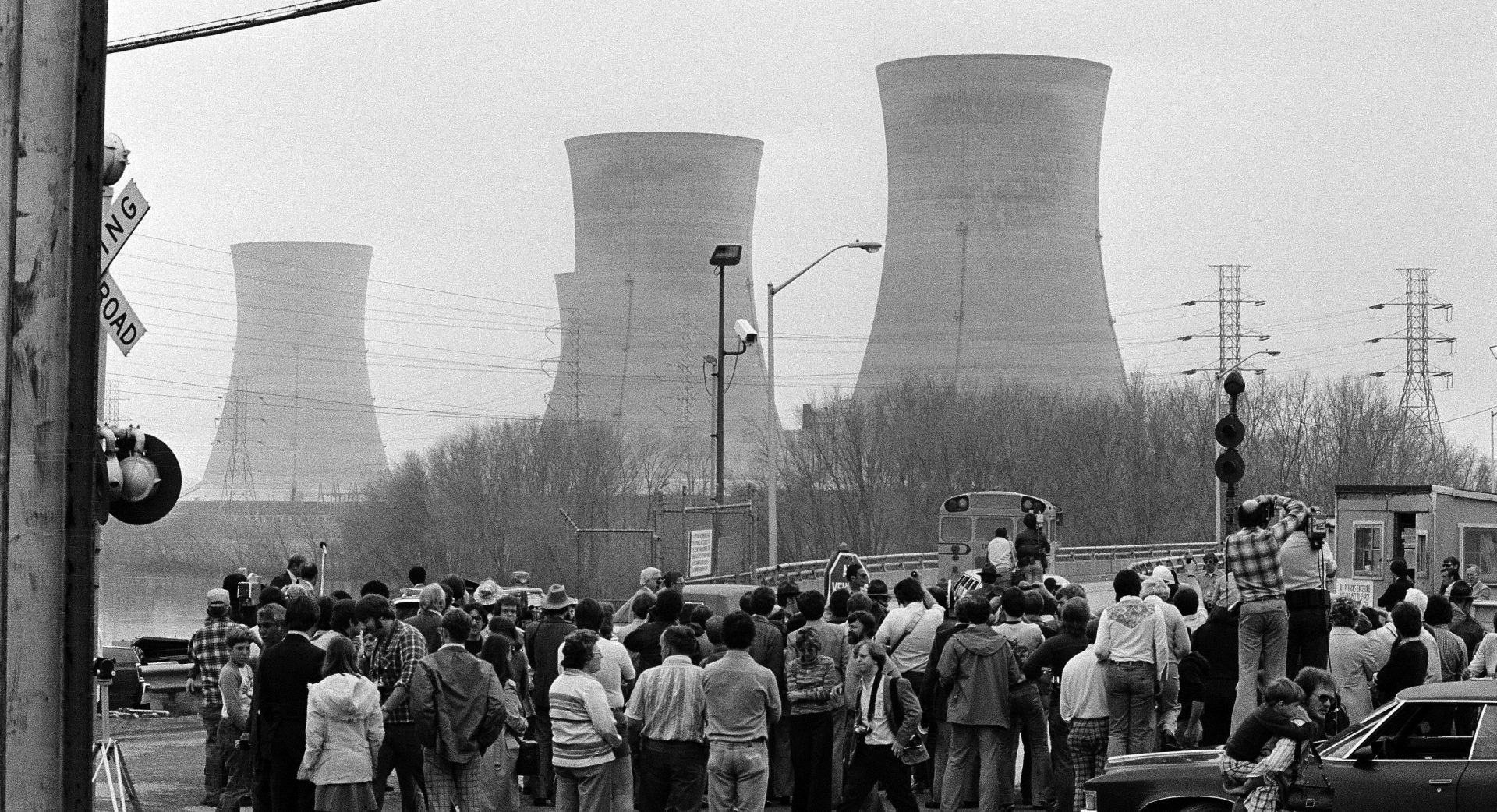Over the last three decades, the debate about climate change has involved challenges to the very evidence of change, disagreements about status of models and simulations as scientific evidence, calls for “sound science,” disputes about the contribution of anthropogenic causes, attempts to cast doubt on the integrity and plausibility of forecasts and assessments, and various forms of “solution aversion.”
What are the sources of skepticism about climate change and/or mistrust of climate science?
What processes, mechanisms and dynamics are implicated in provoking and prolonging the debate about climate change?
To what extent are these specific to the climate debate, and to what extent are they representative of a broader mistrust in experts?
What can be done to increase trust in climate science or consensus around appropriate measures or interventions?
Join us for a conversation with these esteemed panelists (Full Bios Here)
Mike Hulme: Professor of Human Geography at Cambridge University
Naomi Oreskes: Professor of History of Science and Affiliated Professor of Earth and Planetary Sciences at Harvard University
Andrew Revkin: Founding Director of the Initiative on Communication and Sustainability at Columbia University's Earth Institute
Gil Eyal: Professor of Sociology at Columbia University (moderator)




